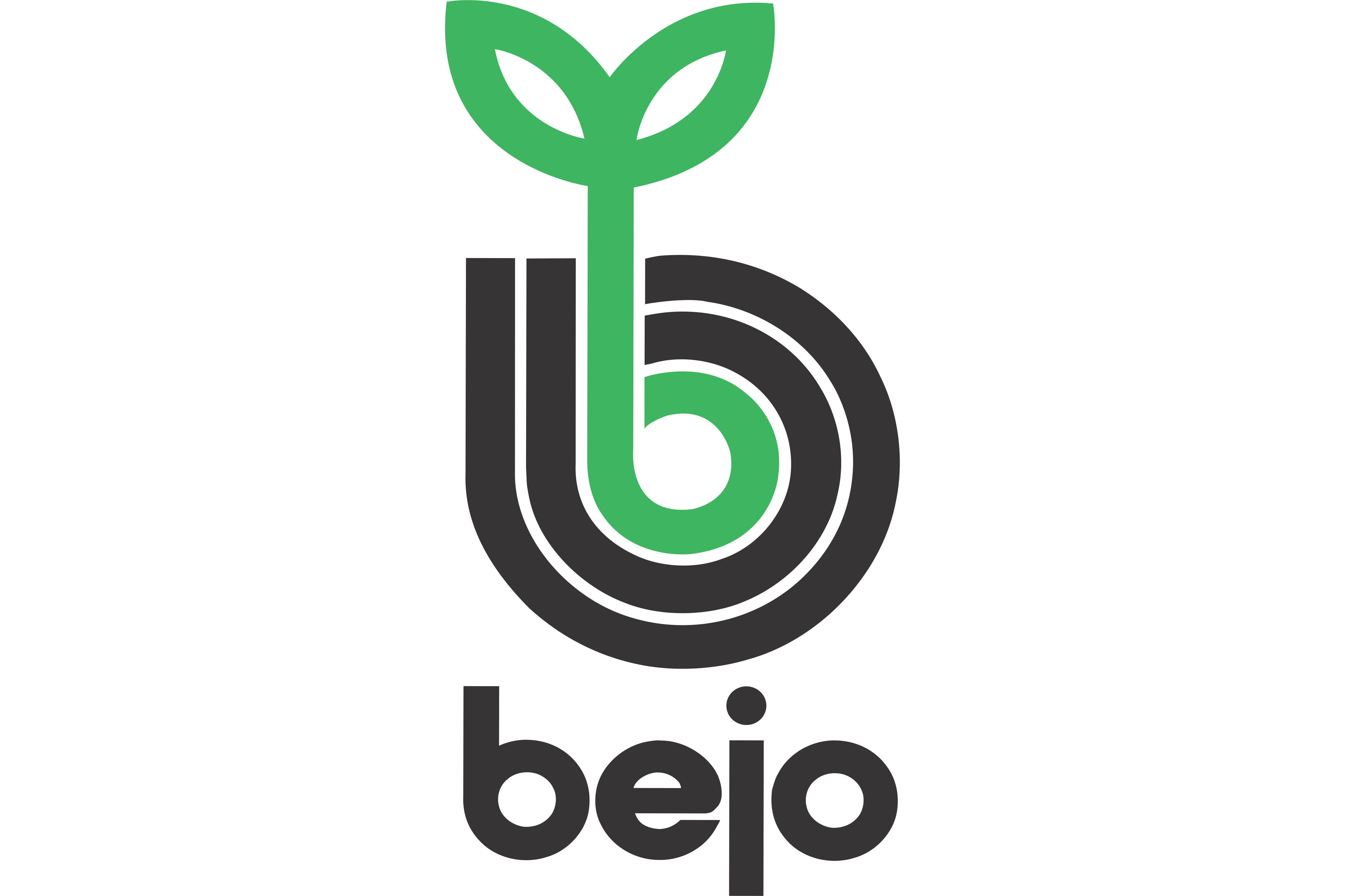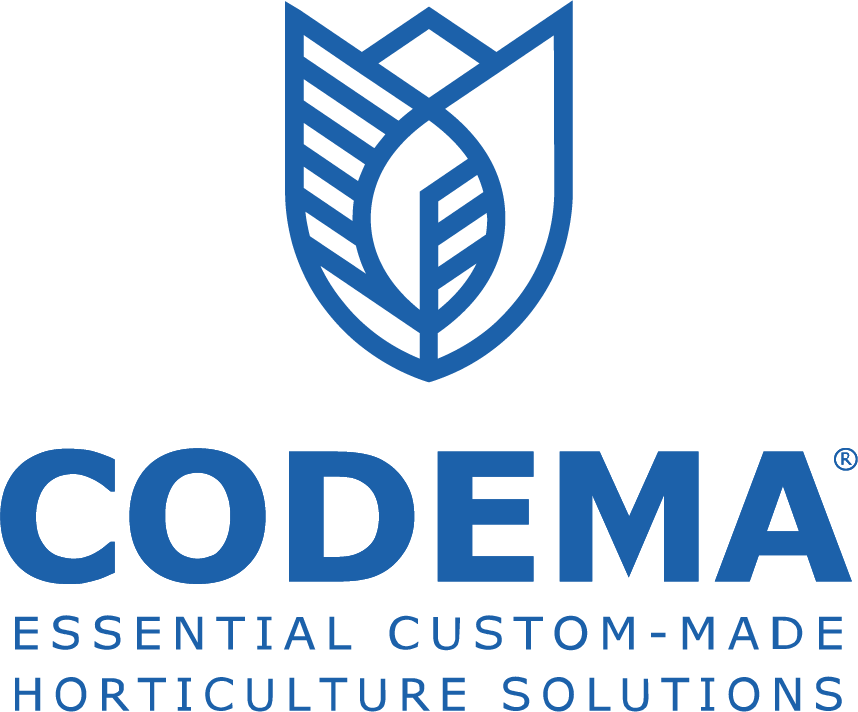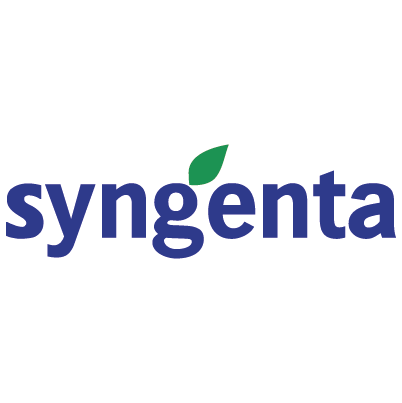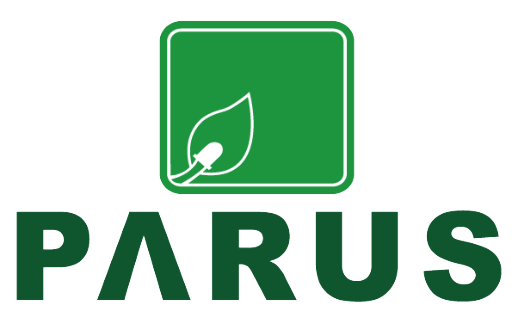Technotitlan 2.0
Our team
A hive-mind by definition is a collective that act in concert. In like manner, collective intelligence and emerging creativity. Conceputally, is based in nature as can be seen as birds flying in formation or fish swiminig in schools. Indeed, a hive-mind of 11 different areas of study and 5 different nationalities.
Our strengths
• The capacity to collaborate systematically, steadily and trusting each other.
• Use this learning experience as an iterative process of co-creation to innovate in the three main layers of the challenge: circularity, sustainability and social impact.
• Counting with laboral experience in food production systems from different geographies that endure the feasibility and relevance of the proposition.
Our drive
Rethink the story of urban agriculture starting from the opportunity that pose the Cantonese context. Guiding the conversation starting from values that acknowledge the practice, philosophy and history of the sustainability pardigm rather than fit to technological generic systems that might not be functional in far geographies from the global north.
What we want to achieve
Design an iconic lighthouse food production ecosystem that demonstrates what can be achieved in biophysical and socio-economic solution space. Not by pretending to be accurate on rigid assumptions but as a replicable and innovative methodology. Finally, revindicating chinese identity regarding agriculture and coincilitiating it with the future circular perspectives.
What are the main starting points of our concept?
Based on the objectives and the specific milestone requirements, we differentiate by not using greenhouses. The main difference is that we are not starting with a ready-make answer that seeks to innovate gradually, but rather we start from values that seek to disrupt the concept of urban agriculture. We also are guided by not looking for answers for the particular conflict of Dongguan outside, but rather deepening on their identity. Taking into account that China was a feeding already city clusters before industrialization. Our system is based on the following values:
• Inclusiveness and reconciliation.
• Resilience.
• Relevance and usefulness.
• Feasibility and Replicability.
• Courage and trust.
What are the main functions of our building?
• Be a culture hallmark of Chinese food culture
• Facilitate a space for the teaching-learning process
surrounding agriculture
• Feed its visitors
• Improve livelihoods from the floating population
• Increase circularity in the area
• Stimulate open innovation locally
• Revindicate the role of agriculture in China
What are the unique selling points of our concept?
It doesn’t build on assumptions that pretend to be accurate. It propose a precise methodology that iterates and establish exchange of information with the visitors and the neighboring community. It is a resilient approach that is innovative while still being the most practical to our knowledge. Finally, it aims to be a lighthouse food production ecosystem that demonstrates what can be achieved in biophysical and socio-economic solution spaces. Indeed, stimulate on emulate processes, synergisms and interactions rather than fit to a generic system that might not be functional in some local contexts.
Team info
|
Angel Marquez Aguilar
|

|
|
Aldo Zamarroni
|

|
|
Martha Verónica Arámbula Coyote
|

|
|
ANA ELENA GONZALEZ TOVAR
|

|
|
Nelson Eduardo Rios Hernandez
|

|
|
Cas van de Voort
|

|
|
José Juan Piña Valle
|

|
|
José Miguel Rivera ladino
|

|
|
Freek van Logtestijn
|

|
|
Sandra Paola García Jácome
|

|
|
Axel Uhren
|

|
|
Maud Hettema
|

|
|
chenyue Li
|

|
|
Lorena Esquivias Zamora
|

|
|
Eva Bataller Perelló
|

|
|
Elisa Bongiolatti
|

|




